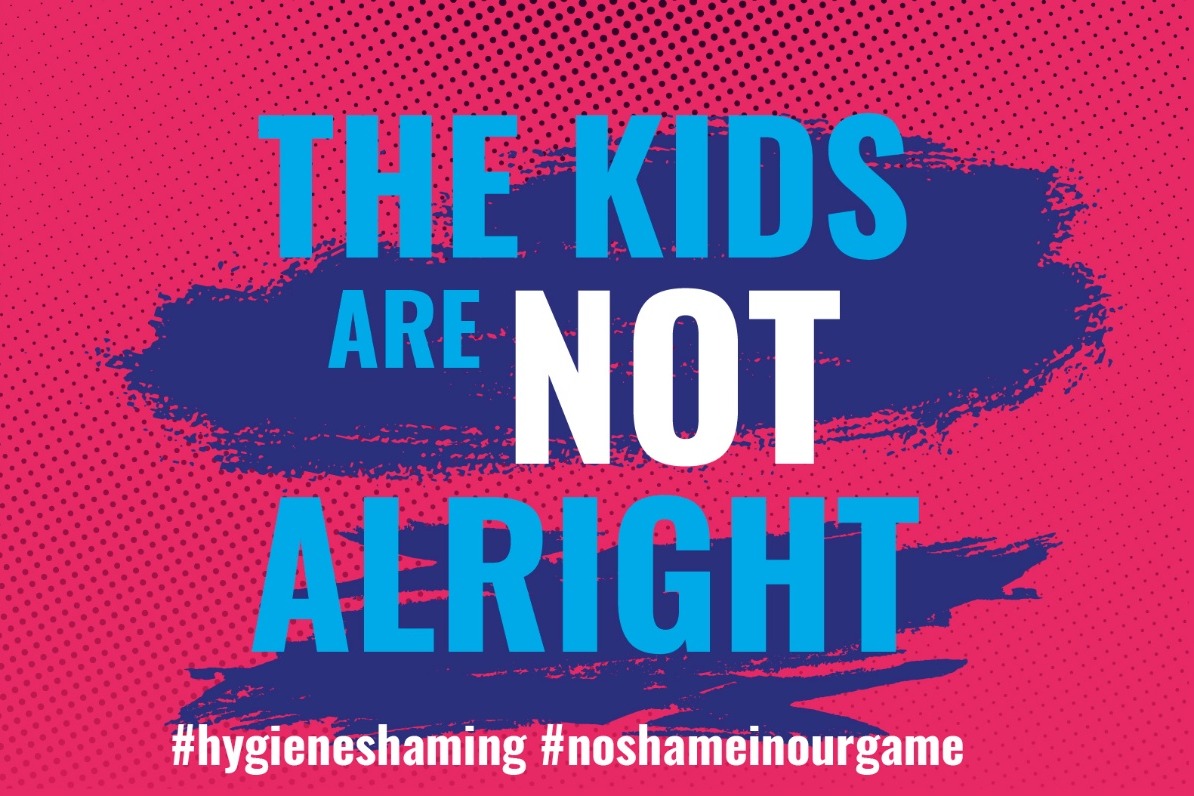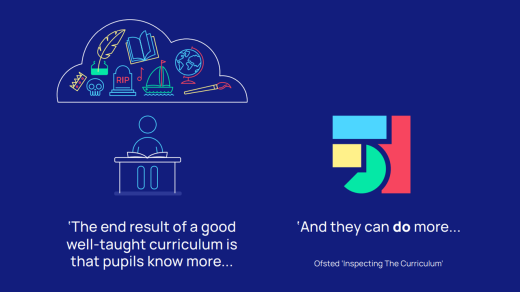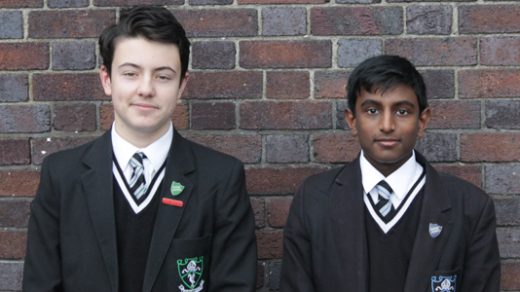New study highlights the shocking extent of the hygiene poverty crisis in the classroom

As children in the UK go back to school following lockdown, British charity Beauty Banks has partnered with GoFundMe and Superdrug to reveal the shocking extent of the hygiene poverty crisis in the classroom.
The charity has identified the stigma as ‘HYGIENE SHAMING’ and believe it to be a two-fold issue.
- Self-shaming: the shame a child feels because they can’t afford to be clean
- Peer-shaming: being shamed and bullied by peers because they can’t afford to be clean
Jo Jones, co-founder of Beauty Banks said, “We identified the term HYGIENE SHAMING as shame is at the root of modern-day poverty. The pandemic has shone a light on this issue, with the focus on cleanliness and hygiene dramatically intensified. Now more than ever, if you can’t afford to be clean you can be stigmatized, victim-shamed and bullied and that stigma, that shame is internalized, and you shame and blame yourself. It’s a catastrophic barrier to learning.”
The report also highlighted the impact that bearing witnessing to hygiene shaming has on teachers with:
- 1 in 3 teachers saying they were upset and saddened from witnessing hygiene shaming
- 41% have seen parents affected because they can’t provide for their children as they wish to
- 1 in 5 teachers are suffering from depression as a result of dealing with hygiene poverty
Educational Psychologist, Joyce Fullarton commented on the Beauty Banks findings: “There is a growing body of qualitative evidence that hygiene poverty has a very significant negative impact on school attendance, achievement, mental health and wellbeing. Recent research has reported that girls who experience hygiene poverty are more likely to experience stress, anxiety and depression, lack confidence and find it hard to socialise. They are less likely to be successful in GCSE exams and unlikely to sit A-levels.
“Not only is their educational outcome affected but their sense of self can be badly damaged by their feelings of shame and by being targeted by their peers. Hygiene poverty is a long-standing worldwide issue and one that should not exist in the 21st Century.’
Sali Hughes, co-founder of Beauty Banks, comments, “Shame makes children and adolescents feel small, humiliated and bad about themselves. The effects of shame are connected to depression and anxiety disorders – all of which make learning harder and friendships more challenging.
“These matter hugely in a child’s life and consequently, in a teacher’s. We cannot in any good conscience allow children to feel life limiting shame over a lack of deodorant, toothpaste and soap. We need to help teachers to give kids the hygiene essentials they need to thrive.”
The Beauty Banks, THE KIDS ARE NOT ALRIGHT campaign, exists to drive awareness of the stigma of hygiene shaming and to remove the barrier to learning it creates.
The charity will be raising money to send personal care and hygiene products to children in need via their school.
They will also be lobbying brands directly to donate unused products and launching a kids-4-kids programme that encourages children in schools not affected by hygiene poverty to fundraise and support a school in need with a child who needs a hand-up, not a hand-out.
THE KIDS ARE NOT ALRIGHT campaign launches today and more information can be found at www.gofundme.com/endhygieneshaming




